
Introduction
Your gut health determines your overall health and recognizing the signs of an unhealthy gut early can be key to preventing long-term health issues. In this blog, we’ll discover how your gut microbiome affects your well-being and offer science-proven coping strategies to protect your gut and heal your digestive issues.
What Is the Gut Microbiome?
Your intestine is home to a complex microbial community of bacteria, fungi, and viruses known as the gut microbiome. A balanced microbiome supports:
Immunity: A large percentage of immune cells (almost 70%) reside within the gut.
Mental health: Gut microbes produce serotonin, the “feel-good” hormone.
Disease prevention: The presence of an unbalanced gut microbiome leads to diabetes, obesity, and autoimmune disorders.
In contrast, an unbalanced gut microbiome can contribute to many signs of an unhealthy gut, including digestive issues, weakened immunity, and many more.
7 Key Signs of an Unhealthy Gut
The signs of an unhealthy gut can manifest in various forms, and if you’re experiencing any of these symptoms, your gut may need attention:
1. Persistent Digestive Issues:
Gas production, bloating, and constipation or diarrhea are classic signs of an unhealthy gut and gastrointestinal distress. A healthy gut processes food efficiently and quickly.

2. Uncontrollable Sugar Cravings:
Processed sugars in the diet are an ideal food source for harmful bacteria, disrupting the gut’s microbial balance.

3. Unexplained Weight Fluctuations:
Gut microbiome imbalances can impair nutrient absorption or produce insulin resistance, leading to weight changes.
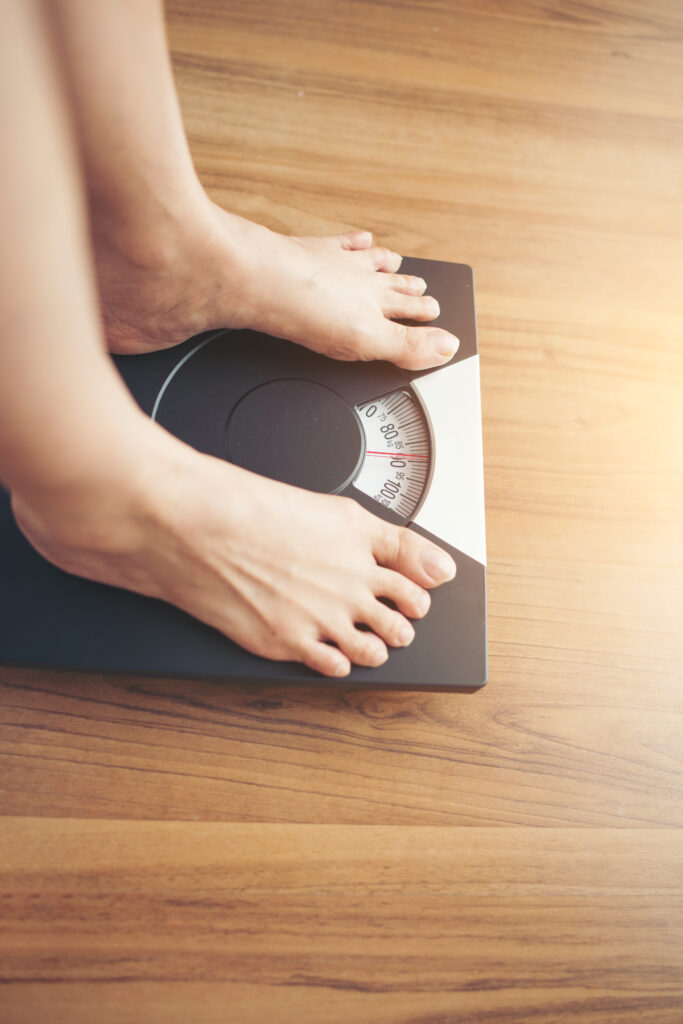
4. Chronic Fatigue or Poor Sleep:
Gut inflammation and disrupted serotonin production cause some sleep-related issues and affect sleep quality.

5. Skin Conditions:
Eczema, along with acne or psoriasis, may signal gut-immune dysfunction.
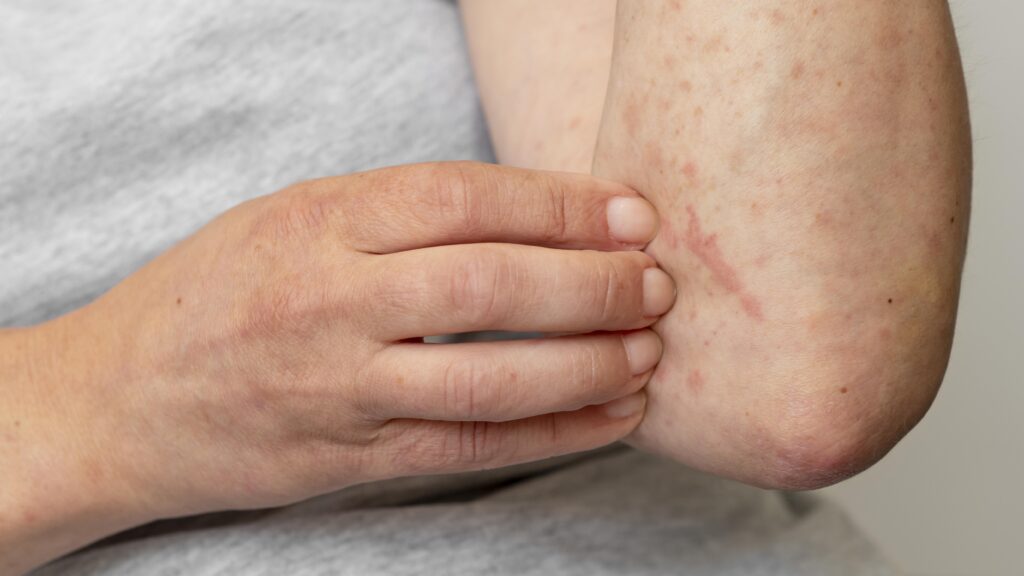
6. Frequent Food Intolerances:
Low levels of beneficial bacteria can cause digestive issues due to ineffective digestion of lactose-containing foods.

7. Autoimmune Reactions:
Leaky gut conditions (enhanced intestinal permeability) allow pathogens and toxins to enter the bloodstream and elicit inflammation.
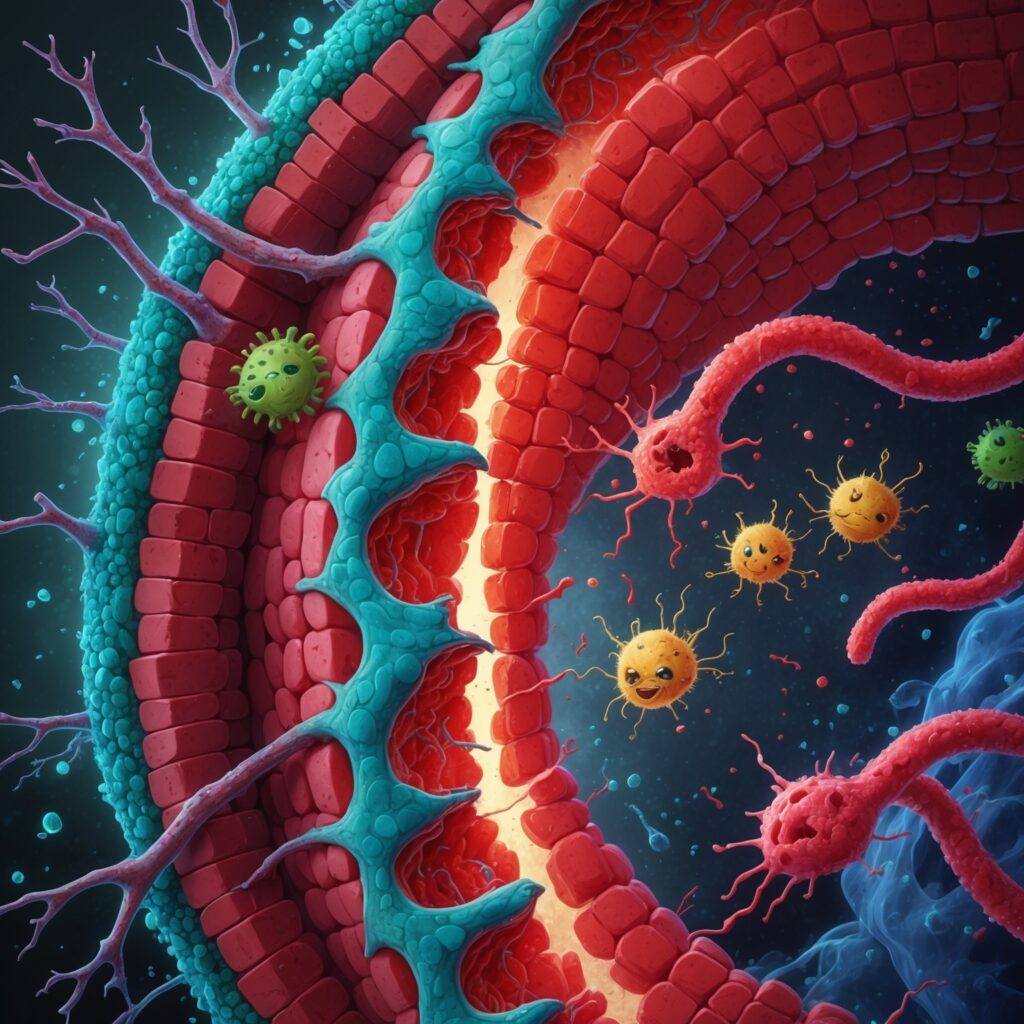
7 Steps to Heal Your Gut
To restore balance in the gut and address the signs of an unhealthy gut, you should take the following
measures:
1. Add Probiotics and Prebiotics:
Probiotic-rich foods:
Foods high in probiotics include fermented foods such as yogurt, kimchi, and kefir.
Prebiotic foods:
Prebiotic foods that support beneficial microbiome growth include oats, asparagus, and garlic.

2. Eliminate Processed Sugars from your diet :
Cut back on items that cause inflammation and damage the gut’s diversity.

3. Prioritize Sleep:
Sleep for 7–8 hours at night to support gut repair.

4. Manage Stress:
Chronic stress depletes beneficial bacteria. Try meditation or yoga to cope with stress.

5. Stay Hydrated:
Water facilitates digestion and fortifies the intestinal lining.

6. Try Intermittent Fasting:
Fasting has the potential to lessen inflammation and reset the microbiome.
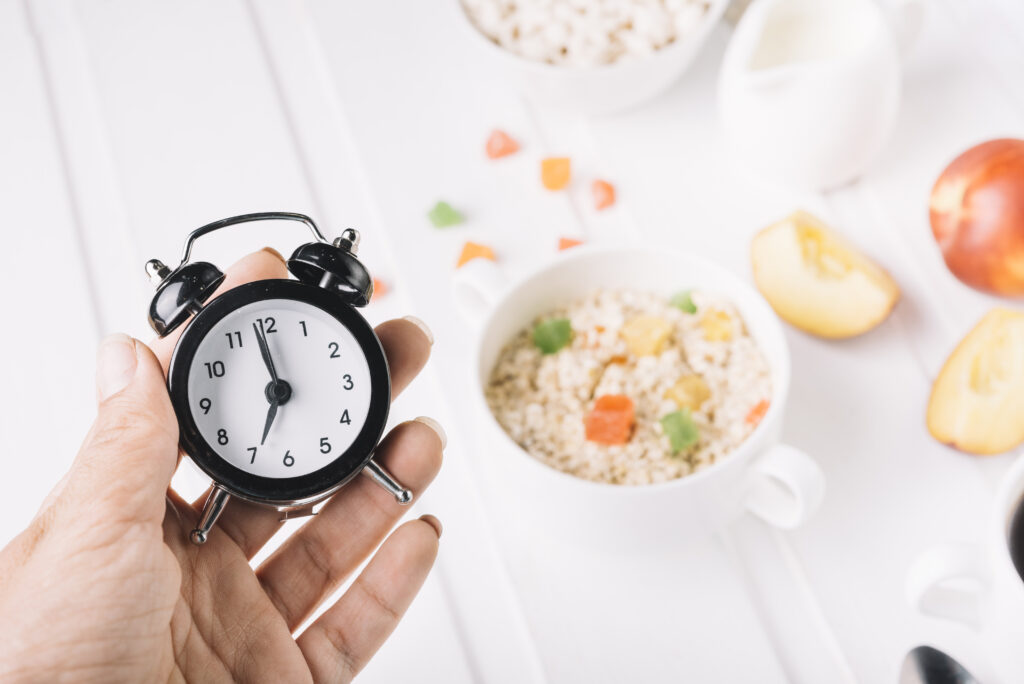
7. Test for Food Intolerances:
To find intolerances, eliminate triggers such as dairy and gluten.
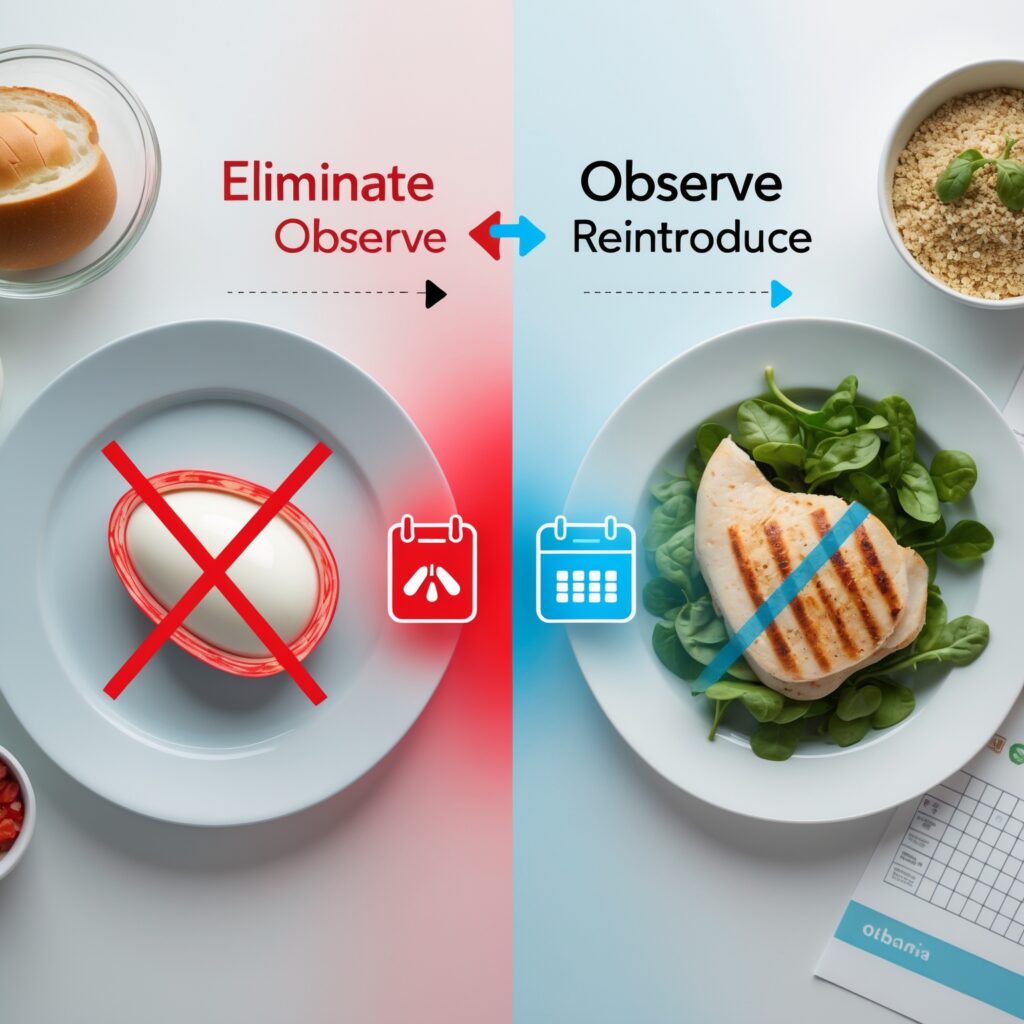
Top 4 Foods to Repair Your Gut
Bone Broth:
It is a digestive solution that heals leaky gut by supporting recovery with its collagen content.

2. Sauerkraut:
It is a fermented cabbage food and is full of good bacteria for your gut It also resolves your digestive issues.

3. Chicory Root:
Prebiotic fiber that nourishes beneficial microbiome.

4. Berries:
Berries are rich in polyphenols, which help reduce inflammation.

FAQs About Gut Health
Q: How much time does it take for the gut to heal?
A: Most people experience improvements in 3–6 months with regular dietary adjustments.
Q: Can probiotics fix digestive issues?
A: They help, but pairing them with prebiotics and anti-inflammatory foods is important.
Q: Is it possible to reverse a leaky gut?
A: Yes! The gut lining can be repaired with a diet high in nutrients and stress reduction.
Key Takeaways
- Signs of an unhealthy gut include bloating, fatigue, and skin problems.
- For the equilibrium of your microbiome, prioritize fermented foods, hydration, and stress management.
- To hasten your gut healing, avoid processed sugars and test for food intolerances.
Conclusion :
To protect your health, stay vigilant for the signs of an unhealthy gut and take proactive steps to restore balance and support your well-being.

I’m a 3rd-year MBBS student at Nowshera Medical College(KMU), passionate about medicine and sharing knowledge through writing. My goal is to grow as a skilled healthcare professional and contribute to the medical community.

















Such a Great work while you in 3rd years I hope it’s will be better to continue that may Allah success you in your dreams
Great job dude , best of luck
Excellent job.
The blog really deserves appreciation.
Very beneficial 🤝
MaSha Allah sir
Great efforts
Great job dear
Nice work Abbas
Good job
Great work🫀
Too much informative content.
Good job Dr.
Good for you!
Good job
Nice work 👍
Having an unhealthy gut is a major concern nowadays good to see that it has explained that way.
Bravo 👏